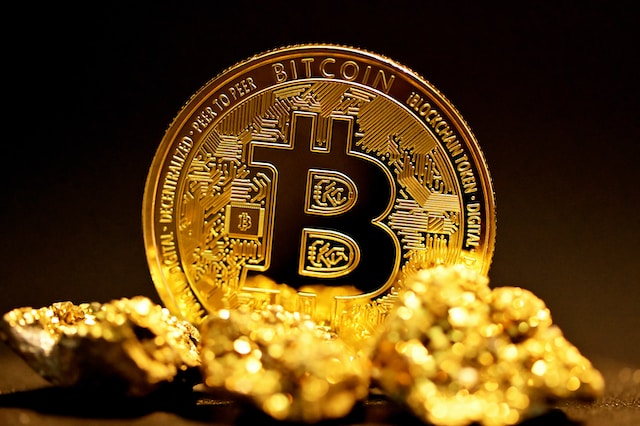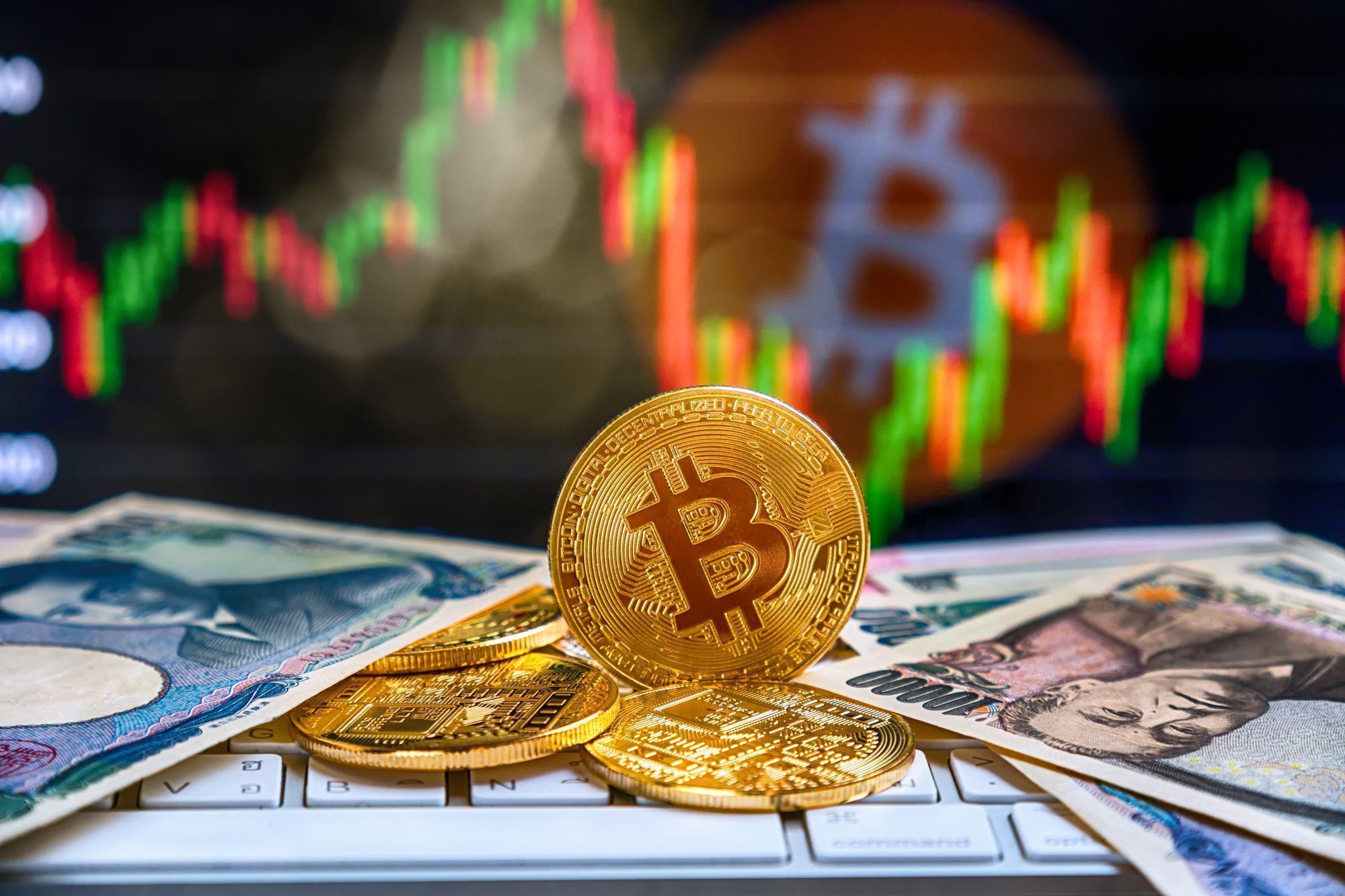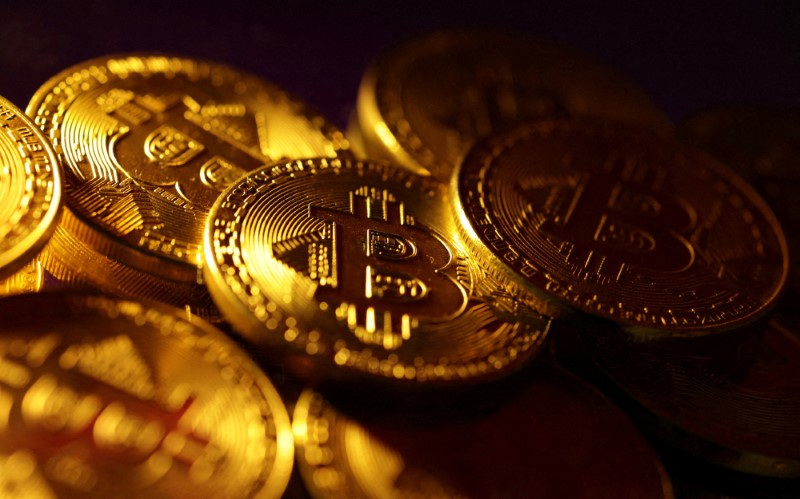Bitcoin Jumps 22% Post-Fed Rate Cut, Yet Key Resistance Sparks Crash Fears – Bitfinex

Bitcoin (BTC), the world’s largest cryptocurrency, has rallied over 22% in the past two weeks to trade at around $63,200, following a significant drop to $52,000 on September 6. This is the highest level BTC has reached in almost two months.
Critical Resistance At $65,200 Looms
According to a recent report from digital asset trading platform Bitfinex, this price increase was largely driven by the Federal Reserve’s (Fed) decision to cut interest rates, which helped propel BTC to a new local high of $64,200 on September 20.
However, despite this positive momentum, Bitcoin is still just below a critical resistance level of $65,200, established on 25 August. The report notes that a failure to breach this level could confirm a worrying trend that has characterized BTC’s price action since its all-time high of $73,666 in March.
Since that peak, Bitcoin has repeatedly struggled to break previous highs before forming new local lows, indicating a persistent downtrend. This pattern of lower and lower highs is evident on the daily Bitcoin chart, suggesting that the cryptocurrency has been on a downward trajectory since mid-March.
As seen on the daily BTC/USDT chart above, this repeated price action has been characterized by a sustained and continuous downtrend since the March peak.
Nonetheless, further volatility fueled by macroeconomic fears triggered another crash on August 5. BTC hit its lowest level in six months, down to the $49,000 level from the $70,000 level it had been trading at since late July.
What Drove Bitcoin Recent Gains?
One notable concern that Bitfinex finds is the discrepancy between BTC’s price gains and open interest in future markets. As BTC rose, open interest rose even faster, reaching $19.43 billion – up from $18.93 billion on August 25- while the Bitcoin price remained around $1,000 below its local high.
This divergence suggests that much of the recent price movement may be driven by speculative trading in futures and perpetual contracts rather than strong demand in the spot market.
Earlier this month, Bitfinex observed that Bitcoin’s rise to around $62,000 was largely fueled by robust spot market buying, in stark contrast to the current situation.
While this trend in open interest might suggest increased speculative interest in Bitcoin, it does not directly imply bearishness. The report states that open interest is not a definitive measure of leverage in the market; it merely reflects the total value of outstanding contracts.
Finally, the report suggests that this renewed speculative interest could be beneficial as traders return from their summer holidays and reassess their positions following the rate cut. However, Bitfinex does note that in the absence of clearer indicators of sustained bullish momentum, market participants should remain cautious.
Featured image from DALL-E, chart from TradingView.com








